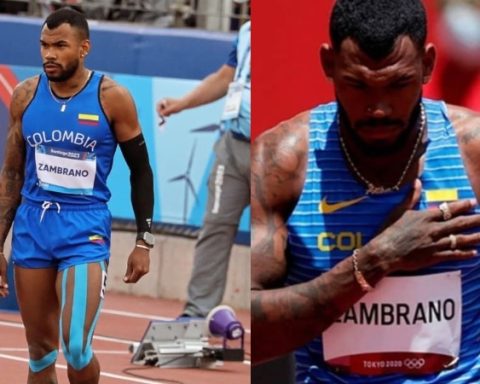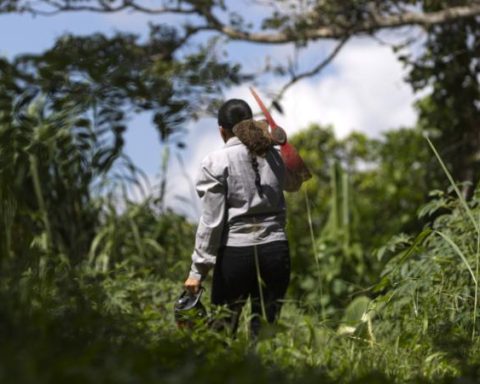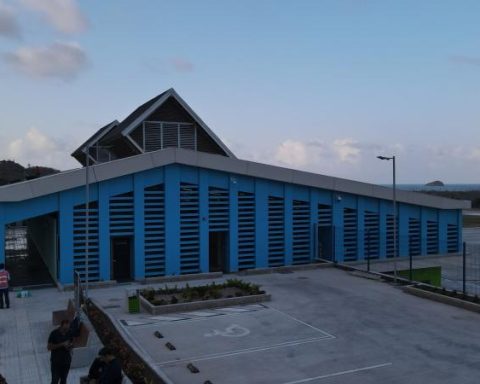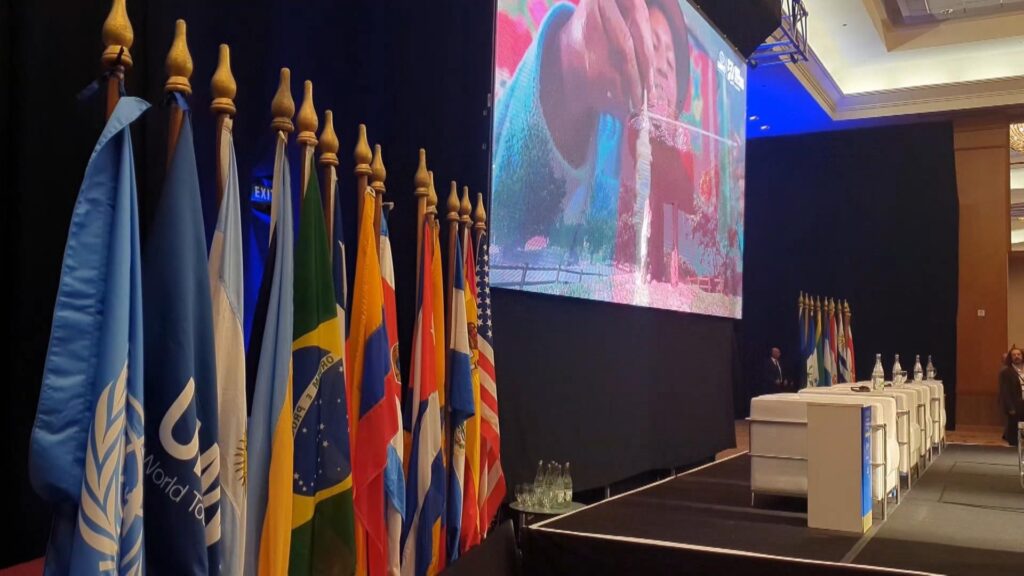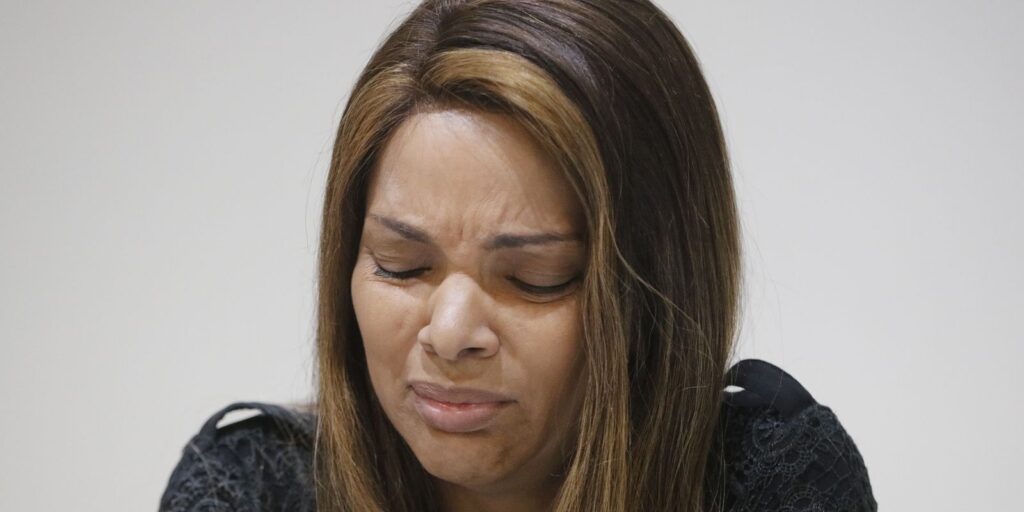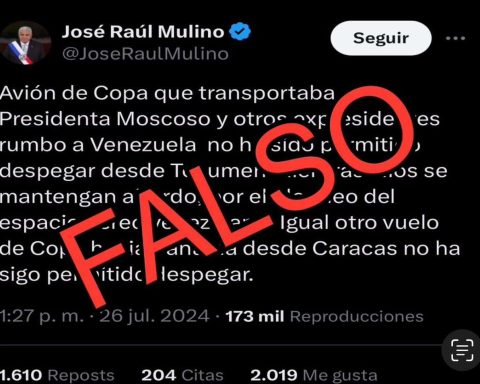Among all the tasks that Iván Duque’s successor will have in his hands is the development of a state policy that guarantees gender equality, which includes the creation of the Ministry of Women.
(This is how work permit would work for women with menstrual pain).
The guidelines of the strategy are contained in the Conpes document “Public policy of gender equality for women: towards the sustainable development of the country”.
There, a diagnosis is made of the situation in the country, tasks are set that must be fulfilled in a horizon of 8 years – practically two governments ahead – and it is guaranteed that resources totaling $47.9 billion are irrigated from various entities.
(‘50% of HP Colombia’s management team is made up of women’).
The vice president Marta Lucía Ramírez points out that it is a bet so that they are the women the protagonists of sustainable development in our country.
“I have insisted that talking about gender equity, without budget resources, is a mockery of women. For this reason, an unprecedented investment is defined in this Conpes”, which ensures the continuity of the programs.
What the outgoing government is doing, she says, is to lay out a roadmap for 8 years from now “for the effective advancement of women in all spheres and allow their access to economic and political power so that Colombia consolidates itself as a leader indisputable in the fifth Sustainable Development Goal related to Gender Equality.
He mentions that the focus of Conpes is on three objectives. The first, says the Vice President, is to ensure the economic autonomy of 26 million Colombian women, as a mechanism that ensures the effective exercise of their rights. The second, she comments, is “to guarantee the regions access to the necessary resources for the implementation of actions in favor of women’s equity”.
And finally, it highlights the importance of strengthen the institutional framework with the creation of a Ministry of Women.
Despite the questions that may arise regarding the fiscal costs of structuring a new Ministry, Marta Lucía Ramírez argues that strong institutions are necessary for women’s issues to rise to the highest levels of power.
In his opinion, it should be small, without the need for a large payroll, but highly technical and efficient in articulating with the private sector and with all government entities, mayors and governors.
He confesses that in his political career, “I have always been impressed to see many public actors who have a wife, sisters and the best thing: who have daughters and, despite this, a lot of talk but very little commitment to allocating the necessary budget to make changes that open more spaces to women in the different leadership roles and are very little aware that the productive capacity of women is essential to grow more”.
WELL RECEIVED
Women who today ‘do battle’ for gender equity at the business level are in favor of the policy that is making its way.
María Andrea Trujillo, co-director of the Cesa Center for Corporate Governance Studies and a member of the 30% Club, affirms that the Conpes represents a valuable work, which shows how gender inequality must be addressed from public policy, in a multidimensional way, and highlights aspects that, on a recurring basis, have affected women.
For her part, Sonia Perdomo, from the 30% Club and leader of the practice of boards of directors at Top Management, says that “it is really satisfying to see that this issue will no longer depend on a government plan of the day, but rather it is a policy of State that will remain in time.
Carolina Rojas Hayes, former Vice Minister of Mines and Energy and consultant for Mining-Energy Affairs, draws attention to the fact that the private sector has a very important role to play in accompanying these initiatives.
Specifically, it highlights the axes that have been highlighted around access to higher education and entrepreneurship – especially for rural women – where, from their perspective, there are many gaps and where the sectors that make life in rural areas, agriculture and livestock and extractive, they have much to contribute.
CONSTANZA GOMEZ GUASCA
BRIEFCASE



